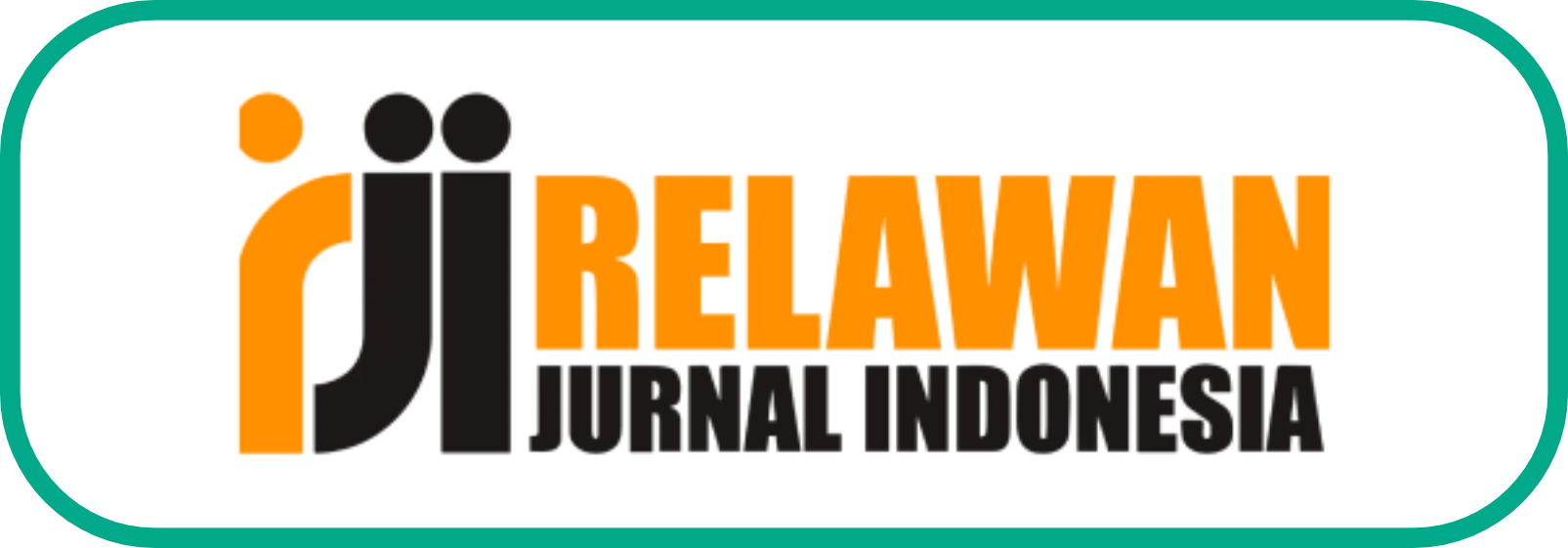PENGARUH SIKAP DAN GENDER TERHADAP PRESTASI BELAJAR PSIKOLOGI MAHASISWA UNIVERSITAS ISLAM IMAM BONJOL PADANG
Sari
This study aims to determine whether there is a positive and significant influence
between: 1) attitudes with learning achievement Psychology, 2) gender with psychology
learning achievement 3) attitude and gender together with psychology learning
achievement. This research is an ex post facto research with correlational analysis.
Population in this research is student of class of 2017 which amounted to 60 people. The
research instrument used is documentation for learning achievement, questionnaire for
attitudes, and student's personal data for gender. The validity is the validity of the
constructs and the validity of content by expert judgment. The data analysis of the research
results begins by testing the classical assumption of normality, multicolinearity, and
heteroscedasticity test. Also tested the relationship between variables using product
moment correlation. To know the difference of average attitude and learning achievement
between male students and female students using T-test. The influence of attitude and
gender on learning achievement is analyzed by multiple linear regression analysis. The
results showed that: 1) there was a positive influence and significant attitudes toward the
achievement of psychology learning with contribution of significance 0.000 <from 0,05,2)
there was no positive and significant influence of gender to student's psychology
achievement because significance value 0,374> 0, 05 and 3) there is a positive influence
and significant attitudes and gender together to student achievement with significance
value 0,000 <0,05 and contribution of influence of attitude and gender together to
psychology learning achievement is 69,8%
Keywords: Attitude, Gender, Learning Achievement
Teks Lengkap:
PDFReferensi
Algensindo Dkk.2007. Psikologi Pendidikan. Yogyakarta : UNY Press.
Arikunto, Suharsimi. 2010. Prosedur Penelitian: Suatu Pendekatan Praktik. Jakarta:Rineka
Cipta.
Asep dan Abdul Haris. 2008. Evaluasi Pembelajaran. Jakarta:Multi Pessindo
David O. Sears. Jonathan L. Freedman dan L. Anne Peplau. 1985. Psikologi Sosial.
Jakarta: Erlangga.
Eka, Rita. Siti Partini. Yulia Ayriza Dkk.2008. Perkembangan Peserta Didik. Yogyakarta:
UNY Press.
Esti, Sri. 2006. Psikologi Pendidikan. Jakarta: Grasindo. Hadi, S. 1995. Analisis Regresi
(Cetakan VI). Yogyakarta: Andi Offset.
Ilyasin, Mukhamad. 2010. Seni Mendidik dalam Pendidikan. Samarinda:Absolut Media
Jihad
Nurgiyantoro, Burhan. 2011. Penilaian Pembelajaran Bahasa: Berbasis Kompetensi.
Yogyakarta: BPFE
Sudjana, Nana. 2009. Dasar-Dasar Proses Belajar Mengajar. Bandung:Sinar Baru
Sugiyono. 2008. Statistik untuk Penelitian. Bandung: Alfabeta Sunarto. (2012). Pengertian
Prestasi Belajar. Fasilitator idola
http://sunartombs.wordpress.com/2009/01/05/pengertian-prestasi-belajar diunduh 1
Februari 2014
Syah Muhibin.2004.Psikologi Pendidikan dengan Pendekatan Baru. Bandung: PT.Remaja
Rosda Karya.
Wahyono, Teguh. 2009. Model Analisis Statistik dengan SPSS Versi 17. Jakarta: PT Elex
Media Komputindo.
DOI: https://doi.org/10.33559/mi.v12i3.713
Article Metrics
Sari view : 119 timesPDF - 1134 times
Refbacks
- Saat ini tidak ada refbacks.
##submission.copyrightStatement##
INDEXED BY :
Lembaga Penelitian & Pengabdian Masyarakat (LPPM). Universitas Muhammadiyah Sumatera Barat
Jl. Pasir Kandang No.4, Pasie Nan Tigo, Kec. Koto Tangah, Kota Padang, Sumatera Barat 25586.
Email : lppmumsb@gmail.com
 This work is licensed under a Creative Commons Attribution-ShareAlike 4.0 International License.
This work is licensed under a Creative Commons Attribution-ShareAlike 4.0 International License.
















